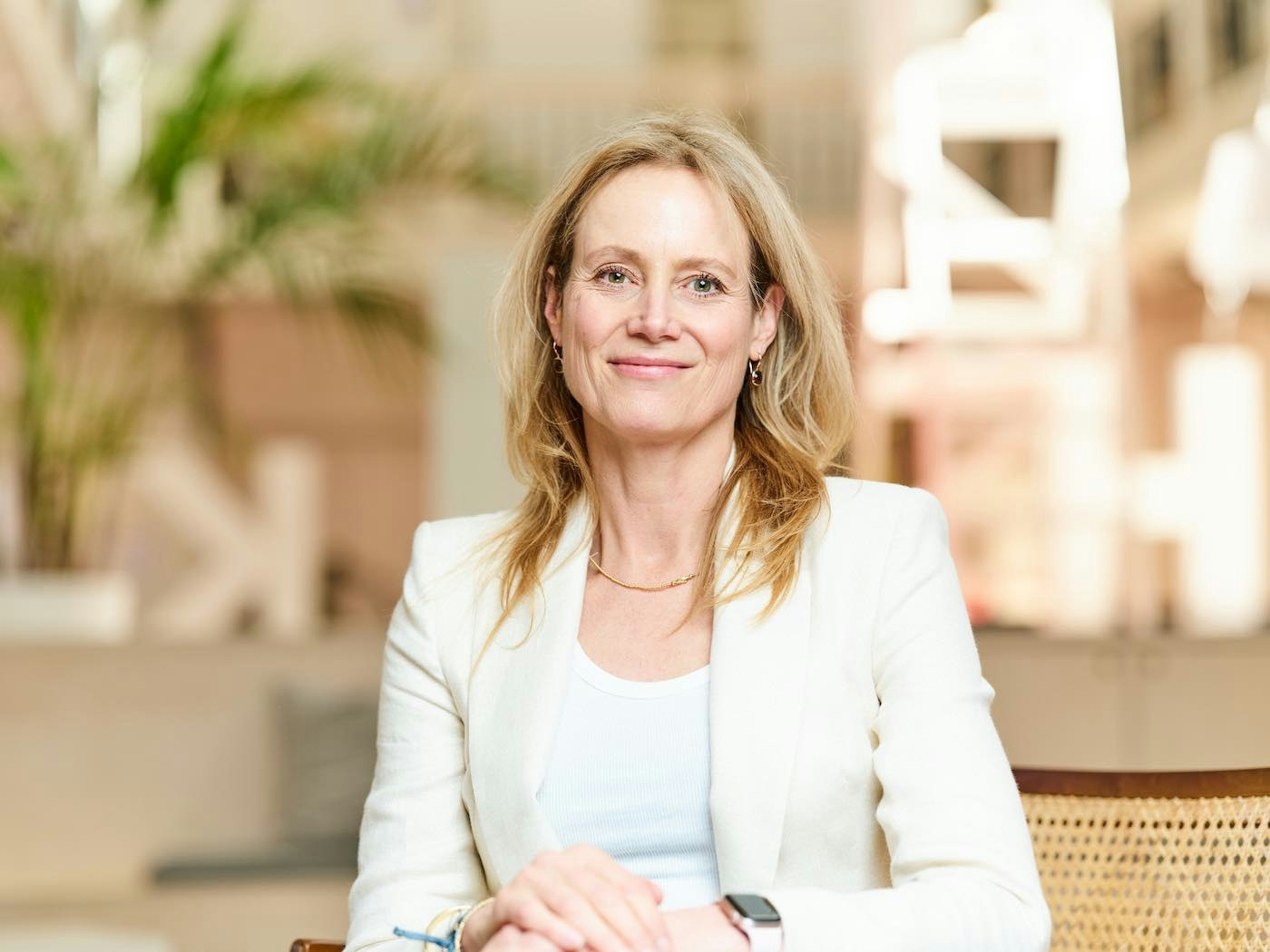Cavalry Ventures, the self-confessed “no bullshit” fund with a Notion page for a website, has raised €100m of a target €160m fund — its third investing in early-stage technology companies.
The Forto backer will write cheques of €500k to €2m into roughly 35 pre-seed and seed-stage companies, backing a maximum of 12 per year. 60% of the sector-agnostic fund will be reserved for follow-ons.
Third funds are notoriously difficult to raise, even in good economic conditions — VCs have to prove to their investors that they’ve been able to back great companies over multiple years. But it’s even harder this year amid the tech slowdown, and Cavalry says it’s not immune to tough fundraising.
Claude Ritter, Cavalry’s cofounder and managing partner, and former cofounder of food delivery giant Delivery Hero, tells Sifted about the challenges of fundraising, why his fund is bucking the trend and looking at consumer, and his gripes about LinkedIn.
A tricky time for fundraising
Cavalry’s fund is backed by many of Germany’s best-known founders, such as Flaschenpost’s Dr Stephen Weich, executive recruitment agency i-potentials’ Constanze Buchheim, and Felix Jahn from proptech McMakler.
Ritter explains that part of the difficulty of fundraising was getting cautious institutional investors to commit capital — something many other VCs have struggled with this year. Institutional investors are scaling back their private portfolios as they’ve been decreasing in value relative to their public portfolios, meaning there's less money flowing into VC funds, says Ritter.
Data from the European Investment Fund’s VC survey also shows a pull back from institutional investors like banks, insurance companies and other financial institutions. 52% of European investors said that heightened risk aversion from LPs was one of the main reasons fundraising has been so difficult of late.
Cavalry Ventures found family offices to be the most eager to invest — some who have invested in VC before, and some who figured that “now the bubble has burst” it’s a great time to get started in venture, says Ritter.
He adds that he knows for a fact” that Cavalry can raise the remaining €60m of the targeted fund size, he just doesn’t know whether it will be at the end of Q1 or Q4 2023. And regardless, the fund is still “well set up” to support founders through the choppy waters ahead.
“There are other funds with more money and better branding, but helping founders build a proper business — the recruitment, the product development or customer acquisition — is where we can help,” says Ritter.
Betting on the cloud, sustainable business and consumer
While the fund is generalist, Cavalry will pay special attention to companies that align with three market projections for 2023 and beyond:
- The cloud will continue to grow and, because of this, the secure storage and processing of sensitive data will become even more important.
- A normalisation of sustainable business practices — such as reducing emissions and restructuring supply chains.
- B2C technology will become more diversified and personalised.
Investors are steering away from consumer investments at the moment — which is a great opportunity for Cavalry to swoop in — and are instead focusing on B2B SaaS, says Ritter. But there’s still “a lot of stuff you can do in consumer that makes a lot of sense”, he adds.
For example, Cavalry invested in Patronus earlier this year, a company that creates smartwatches to give elderly patients access to emergency help.
We don’t have to be the crypto investor and find that a year later, crypto is out of fashion
Being a generalist fund is beneficial, and less risky — especially in a market downturn.
“We don’t have to be the crypto investor and find that a year later, crypto is out of fashion,” says Ritter. “We can instead focus on what we’re good at, which is company building, and invest across sectors.”
The future for founders
Something that gets Ritter particularly fired up is when people who have "never started a company in their life” post on Linkedin that now is the best time to found one.
“From a fundraising perspective, I can assure you it’s not,'' says Ritter, explaining that access to capital is “super difficult” for founders right now.
He does think, however, that some of the best companies will come out of this period — if they manage to raise money and “not die in the first 18 months”, that is.
These companies will be more capital-efficient and resilient, says Ritter, and they’ll have a better understanding of the needs of their customers.
“It’s going to be harder to sell to your customers, but it will force you to be closer to them, understand them, and actually build a product that actually fixes a problem.”



